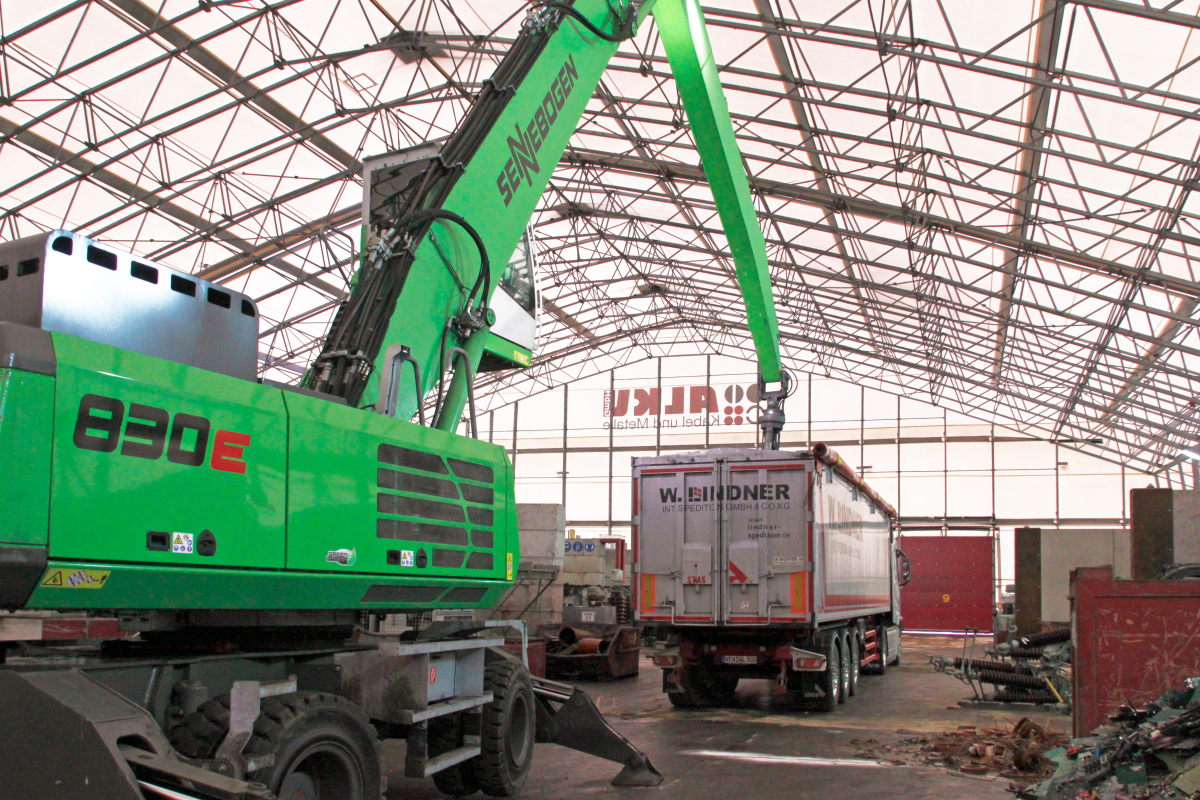Heraeus Precious Metals invests about 35 million € in the expansion of precious metals recycling in Hanau/Germany
14.06.2023Heraeus Precious Metals, one of the leading suppliers of precious metal products and one of the largest recyclers of platinum group metals, is expanding its recycling capacities in Germany with a € 35 million investment. This will enable the company to meet the increased global recycling demand and further expand its market-leading position in Europe. The expansion will create more than 20 new jobs.
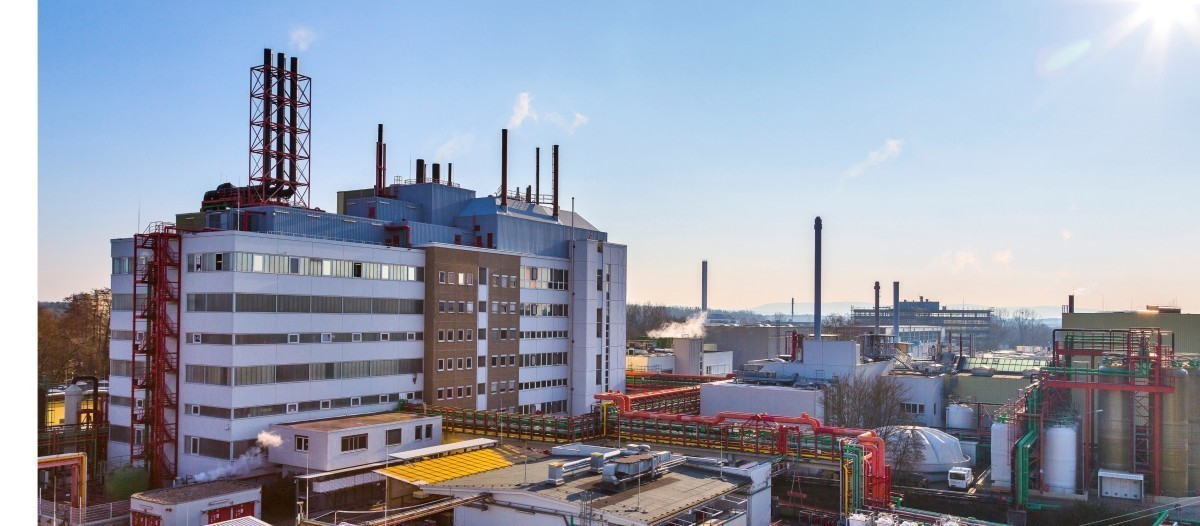 At its headquarters in Hanau, Heraeus Precious Metals is investing around 35 million € in expanding its recycling capacities
At its headquarters in Hanau, Heraeus Precious Metals is investing around 35 million € in expanding its recycling capacities
© Heraeus Precious Metals
At its headquarters in Hanau/Germany, Heraeus Precious Metals already operates one of the largest precious metals refineries worldwide for the recycling of so-called platinum group metals (PGM). By 2026, several additional production lines will be built, which will significantly increase capacities for precious metal recycling. The new production lines will use electrolytic processes to reduce the use of chemicals and further increase process efficiency. Thanks to state-of-the-art production processes and effective batch management systems, product quality and operating efficiency will be increased in equal measure.
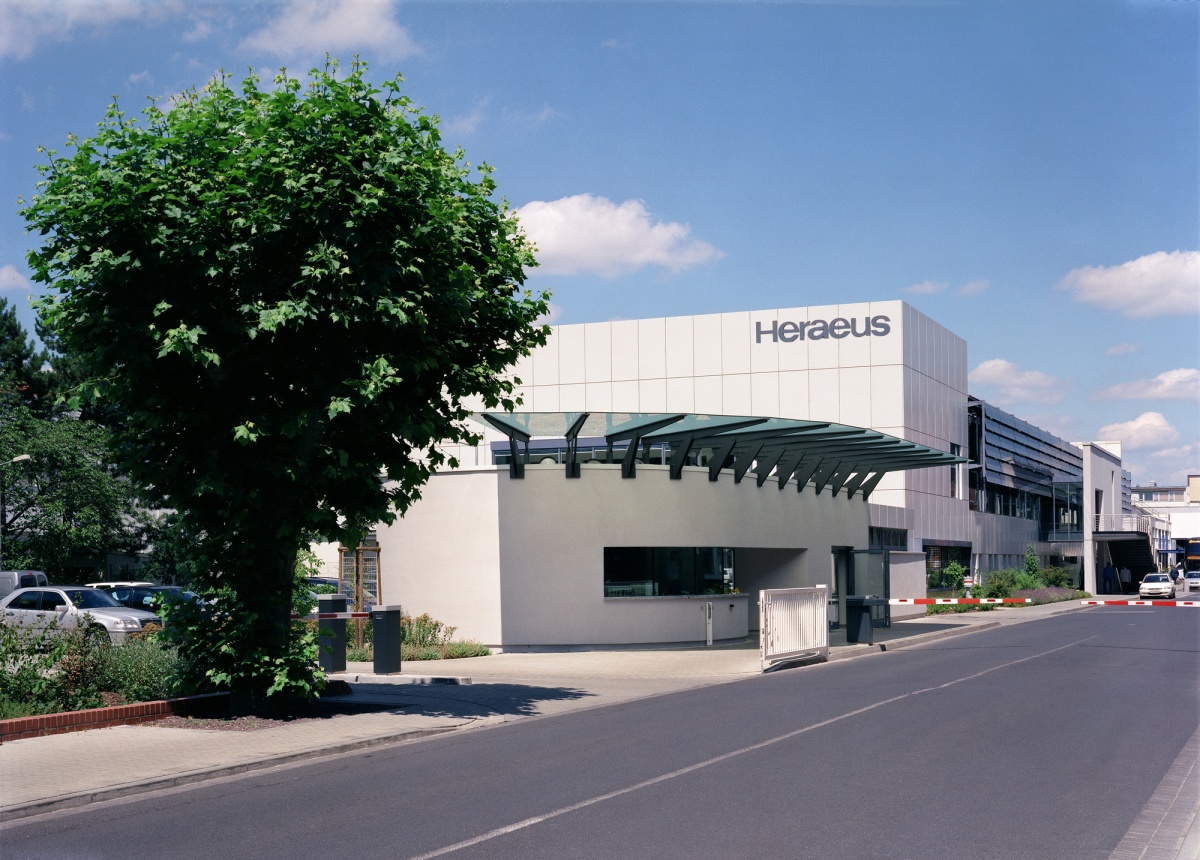 In Hanau/Germany, Heraeus Precious Metals operates one of the largest precious metals refineries worldwide for the recycling of so-called platinum group metals (PGM)
In Hanau/Germany, Heraeus Precious Metals operates one of the largest precious metals refineries worldwide for the recycling of so-called platinum group metals (PGM)
© Heraeus Precious Metals
Platinum group metals, which include platinum, palladium, rhodium, iridium, ruthenium and osmium, are an indispensable part of today's world. Due to their special physical and chemical properties, they are used in many areas, for example as catalysts for exhaust gas purification, for the production of green hydrogen, for the production of fertilizers or as medicines in cancer therapy. Given their limited availability and the high CO2 emissions during extraction and processing, it is essential to keep precious metals in the cycle and recover them from end-of-life materials. Compared to primary materials from mines, recycled platinum group metals have up to a 98 % lower carbon footprint. In addition, the wet chemical process used in Hanau has the lowest CO2 footprint of the recycling processes for platinum group metals.
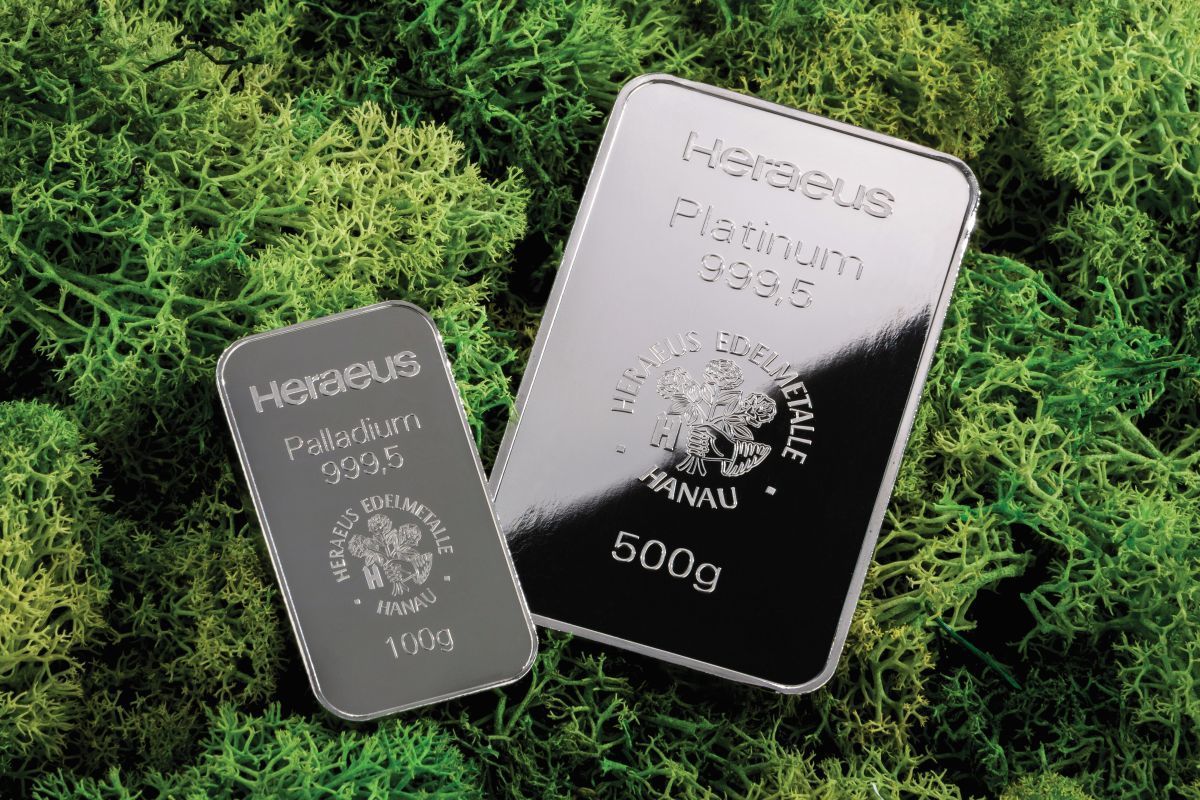 Platinum group metals are used for a wide range of applications
Platinum group metals are used for a wide range of applications
© Heraeus Precious Metals
Demand for recycled materials and circular solutions is steadily increasing, driven not least by growing environmental awareness, which is boosting applications such as green hydrogen. But the EU's effort to become more independent in critical raw materials is also playing a major role. "We are convinced that demand will continue to increase in the coming years. Only together can primary material from mines and secondary material from recycling meet global demand," explains Marius Vigener, Commercial Head of Business Line Chemicals at Heraeus Precious Metals. "Our plants are state-of-the-art. We recover precious metals from scrap materials almost completely," adds Christian Mock, Technical Head Business Line Chemicals at Heraeus Precious Metals. "The investment at the Hanau site enables us to meet the growing demand in Europe in particular."
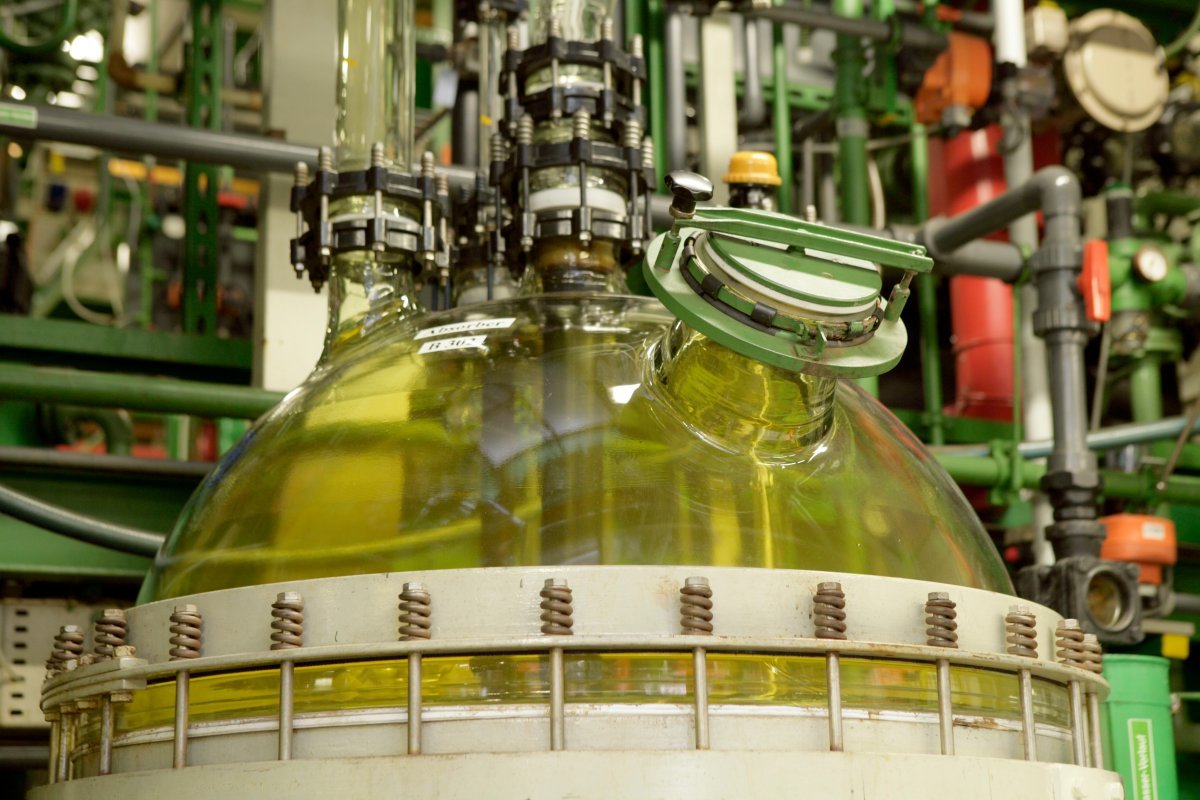 Wet chemical precious metal processing
Wet chemical precious metal processing
© Heraeus Precious Metals
In recent years, Heraeus Precious Metals has seen strong growth at its eight recycling sites worldwide. The expansion in Hanau is part of a global expansion program totaling around 300 million €. Last year, the company began expanding its recycling capacities in Wartburg, Tennessee/USA and Santa Fe Springs, California/USA. Continuous investments are also being made in China: In 2018, the company opened the most modern precious metals plant in Nanjing. In February 2022, Heraeus Precious Metals established a joint venture with BASF that will recover precious metals from spent automotive catalysts. The new company is currently being built in Pinghu/China.
Sustainability is of particular importance to Heraeus Precious Metals nor only with regard to precious metal recycling: The company aims to operate CO2-neutral from 2025 and to completely abandon the use of fossil fuels from 2033. Today, 63 % of the worldwide electricity requirements already come from renewable sources. This figure is set to rise to 100 % by 2025. The new recycling facilities in Hanau will also be powered by green electricity in the future.

